“It’s hard to listen when you’re the one doing the speaking.” This statement may seem simple, yet its truth is profoundly deep. Speaking does not only mean verbally uttering words. Have you ever been so passionate about what you want to say that you completely ignore the person who is speaking while you formulate your next point in your head; ready to wow your audience, only to find that while you were planning your speech, you completely missed the point of what the speaker was saying? I think we’ve all been there.
Proverbs 17:27-28 says, “The one who has knowledge uses words with restraint, and whoever has understanding is even-tempered. Even fools are thought wise if they keep silent, and discerning if they hold their tongues.” James reiterates this message in chapter 1, verses 19-20 of his book, “My dear brothers and sisters, take note of this: Everyone should be quick to listen, slow to speak and slow to become angry, because human anger does not produce the righteousness that God desires.”
Staying quiet and knowing when to speak, both correlate to wisdom and refraining from anger. Getting angry, or being “passionate” does not bring about the righteousness of God. More than likely it will just irritate the other person to the point of totally tuning us out. The Psalmist communicates that even a fool can be wise when he holds his tongue! According to author Paul Tripp, “Foolishness is a rejection of our basic nature as human beings. We were never created to be our own source of wisdom. We were designed to be revelation receivers, dependent on the truths God would teach us, and applying those truths to our lives. We were created to base our interpretations, choices, and behavior on his wisdom.” Could it be in our silence, and when we refrain from jumping in with our own grand solutions, God is patiently saying, “Listen to me. I have so much guidance and wisdom I long for you to receive… but you must listen.”
Sometimes words are beneficial, but what if instead, we offered them in the form of a question rather than a statement? We may act as if a friend, co-worker, child or spouse needs our wisdom and expertise. Yet if we genuinely desire what is best for those we love, helping them discover truth through a question that prompts them to hear God’s voice for themselves could go far beyond any quippy, wise statement we may offer.
What wisdom is God offering to you today? Do you need to say less? Listen more? Ask questions rather than make statements? Wisdom awaits. It is our choice whether or not to receive.
Lynette Fuson
Care & Counseling Director

